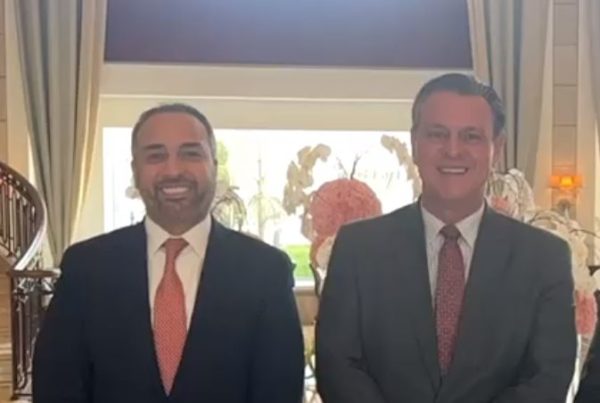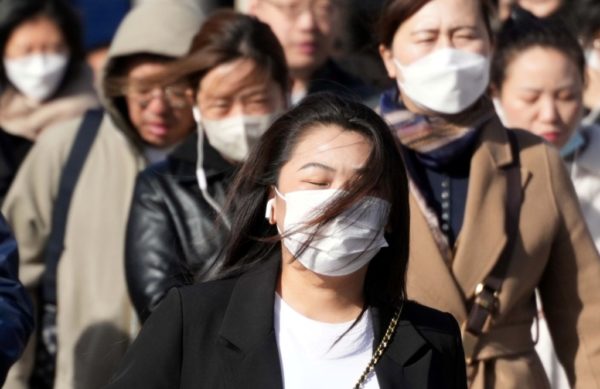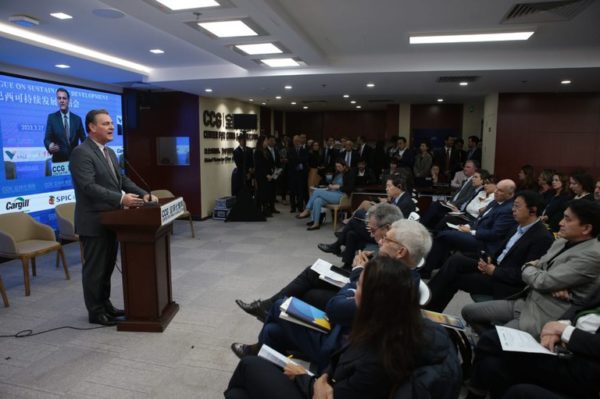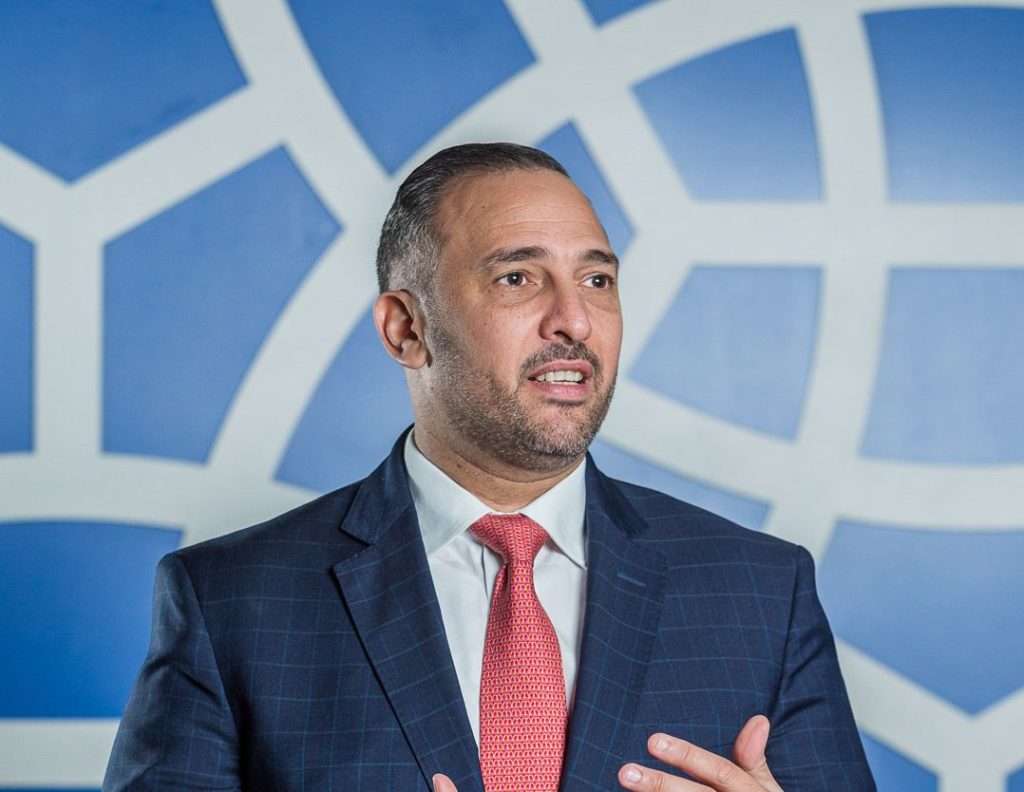São Paulo – The Arab Brazilian Chamber of Commerce (ABCC) is participating in the federal government mission to China. President Luiz Inácio Lula da Silva was expected to head the delegation but had to cancel his participation due to health issues and will have his trip rescheduled. Brazilian minister of Agriculture and Livestock, Carlos Fávaro, will have appointments in the Asian country until next Wednesday (29), accompanied by politicians, businesspeople, and heads of sector entities, including the secretary-general & CEO of the ABCC, Tamer Mansour (pictured above). The mission schedule in the United Arab Emirates that was planned for March 31 with the participation of the Brazilian president will be rescheduled.

“The participation of the ABCC in the mission to China is strongly related to two of our leading projects, namely Halal Brazil and the implementation of product traceability,” Mansour said. The ABCC and the Brazilian Trade and Investment Promotion Agency, ApexBrasil, launched a project aimed to take more added-valued foods from Brazil to the global halal market. The institution also aims to offer traceability via blockchain for halal-certified exports, thus allowing the goods can be traced from their origin, whether it’s in a farm or an industrial plant, to the point of consumption.
Although China isn’t a Muslim-majority country, it is the leading destination for halal-certified goods exported from Brazil, Mansour said. During the mission, the secretary-general wants Chinese partners to work on the local halal market and be able to offer expertise to Brazilian exporters on the requirements of China to buy halal. With respect to traceability, which is a project the ABCC is working on with Brazilian halal certifiers, Mansour said, “Why not start with a major importer like China?” The idea is to offer product traceability technology to the Chinese.

China’s demand for halal food is worth USD 20 billion a year, and Muslim consumers in the country are as high as 26 million people, according to a survey carried out by the ABCC’s Market Intelligence department. A large part of this consumption is concentrated in the region of Ningxia in the northwest of China, where you can see cultural, religious and commercial ties with Muslim countries. China is also a halal producer, ranking fifth on the list of top halal food exporters to the Organization of Islamic Cooperation (OIC), behind China, India, the United States, and Russia. Brazil is China’s top agricultural exporter, according to information from the Brazilian government.
The secretary-general ascribes the invitation to the partnerships the ABCC has developed with different agencies and ministries of the Brazilian federal government, including ApexBrasil, with which it develops the Halal Brazil project. “ApexBrasil sees the relevance of the ABCC beyond the borders of the 22 Arab countries and believes we can do the work to promote Brazilian value-added goods,” he said. Halal Brazil has actions planned not only for the Arab countries but for other halal-consuming nations, too, like South America and Malaysia.
Carlos Fávaro in China

This Monday (27), minister Fávaro participated in the opening of the event “China-Brazil Sustainable Development Talks: Local Governments, think tanks and companies in action”, in Beijing. The event brought together businesspeople and public sector representatives from Brazil and China, to who Fávaro presented Brazil’s potentialities in agribusiness sustainable development which, from the next period of the agribusiness financing plan (Plano Safra) will have an even bigger financial stimulus to land recovery, what could enable the country to double its productive area.
“Brazil can and must intensify its food production. Brazil expects to strengthen its trade ties with China. And we can do all of that in a sustainable way, increasing agribusiness and livestock production without deforestation”, highlighted the minister. The meeting had the objective to bring together governments, think tanks, and companies from Brazil and China to discuss together a transition to a low-carbon economy.
Translated by Guilherme Miranda & Elúsio Brasileiro




